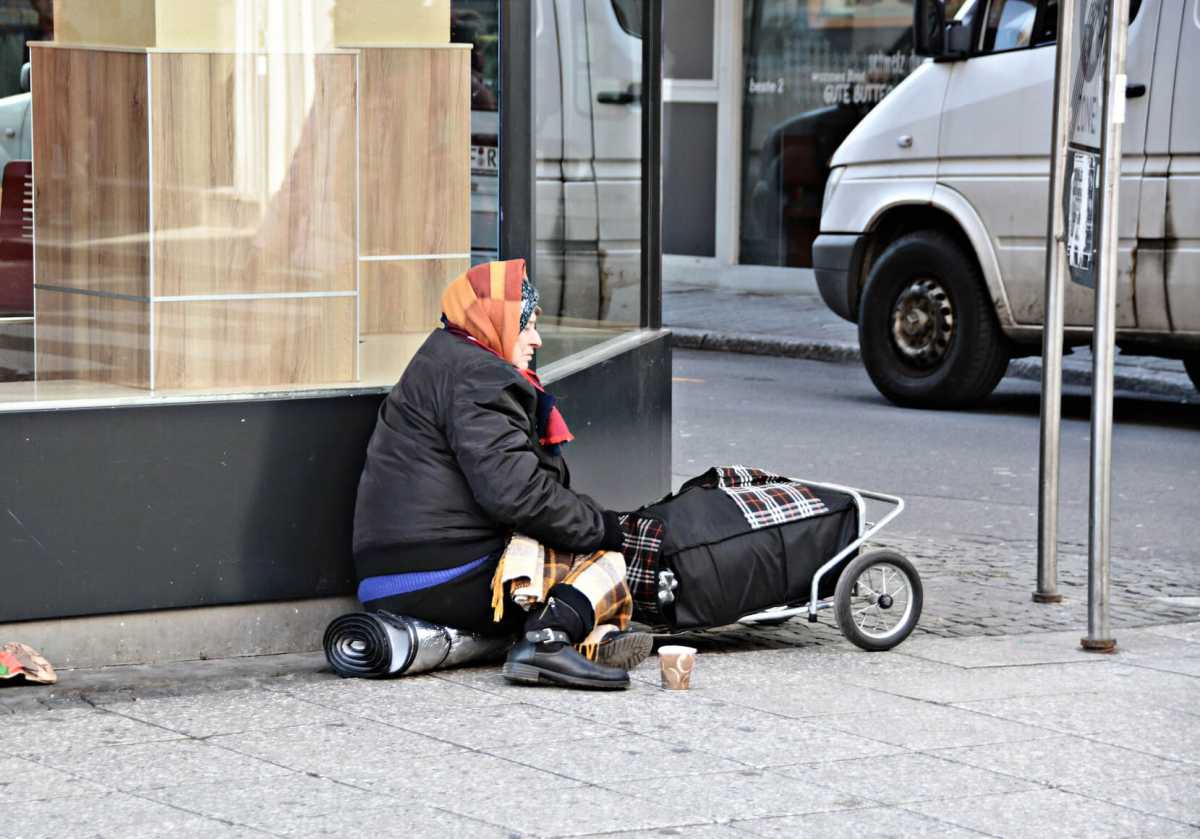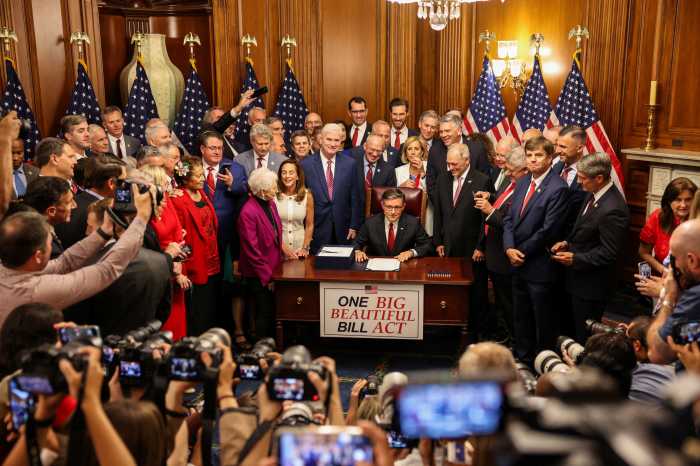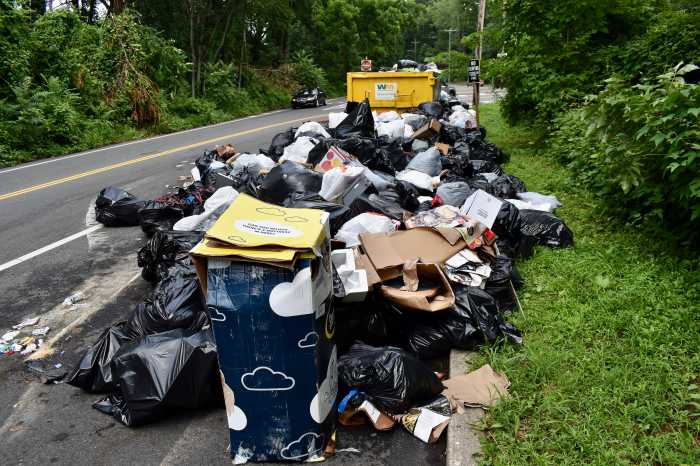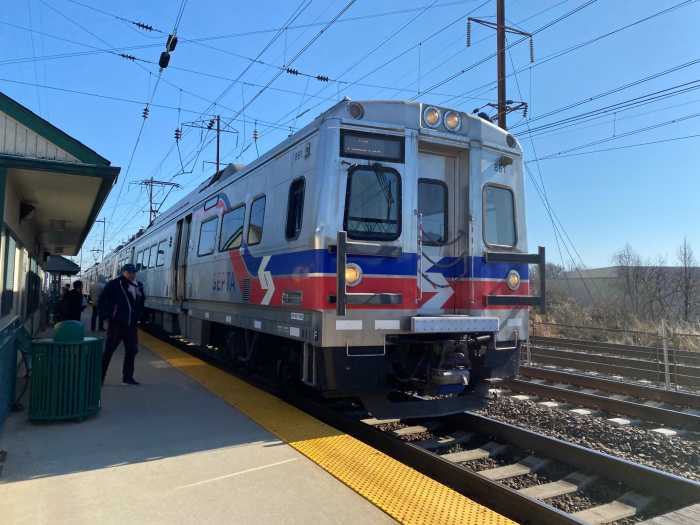In the seemingly new-normal of the coronavirus outbreak, Philadelphians have been instructed to self-quarantine, work from home and stay inside.
But for the city’s homeless population, that is impossible.
“It has never been clearer that housing is health care. Homeless shelters and service providers need money, and they need it now,” said Diane Yentel, National Low Income Housing Coalition president and CEO.
Homeless outreach programs throughout the City of Philadelphia engage more than 6,000 people annually, according to the 2018 Annual Homelessness Assessment Report to Congress. Those individuals may be living on the street, in cars, abandoned buildings and other locations not suitable for habitation.
And with the COVID-19 virus becoming more and more rampant—there have been 252 confirmed cases in Philadelphia as of Tuesday afternoon—the city is working to form a line of defense for Philadelphia’s most vulnerable.
“The city is keeping the needs and interests of people experiencing homelessness is front and center in the emergency activation. The Office of Homeless Services is literally in the Emergency Operations Center alongside public health, law enforcement and other agencies,” said Kelly Cofrancisco, Deputy Communications Director for the City of Philadelphia.
“Homelessness and hunger don’t go away when a public health emergency emerges like the one we are facing now. While simply being homeless does not make one likely to transmit the disease, the fact is that people experiencing homelessness are extremely vulnerable to sickness in general as a result of the trauma and instability of being without a home,” Cofrancisco added.
The City of Philadelphia’s Office of Homeless Services is providing information to those living on the street, specifically how they can obtain shelter and healthcare services. Teams are also distributing hand sanitizer, water and hygiene kits. OHS is helping those already in shelter by observing and enforcing preventative protocols like washing hands, social distancing and abstaining from touching your face.
“While people in shelter do have greater access to hygiene, sanitation and healthcare, the inability to observe the best social distancing provided by a private home are realities that limit prevention options,” said Cofrancisco. “While this is an unprecedented situation, the Office of Homeless Services is doing what we do every cold and flu season and have done each time a new virus appears: we’re in constant close contact with health officials, relying on science and putting that together with our trauma-informed approach.”
According to OHS, there are approximately 5,700 homeless people in the City of Philadelphia, which includes about 950 who are without shelter.
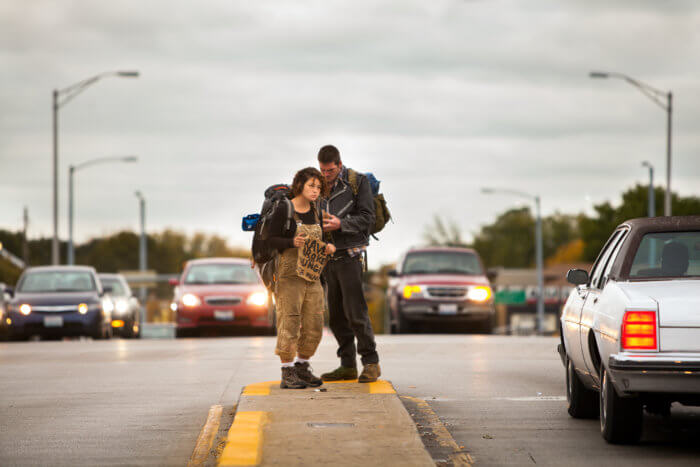
Despite shutdowns, stay-at-home mandates and widespread concern surrounding the coronavirus outbreak, countless advocates throughout the city are working tirelessly to aid those living on the street. Project HOME, located at 1515 Fairmount Ave., is continuing to provide essential services such as housing, healthcare services, outreach efforts and more.
The organization is fielding requests for essential items and is asking people for monetary donations to help acquire those items and distribute them to those in need immediately. They are also seeking donations of gently used sweatpants, jeans, shoes and boots, new tshirts and underwear, as well as bottled water, soap and Clorox wipes.
Organizations like Bethesda Project, at 1630 South St., have asked for donations of priority items such as hand sanitizer, bleach, Clorox wipes, tissues, paper towels, face masks, liquid hand soap and forehead scanner thermometers, to name a few. They have also enacted responsive measures to ensure that all staff, volunteers and guests are safe by practicing social distancing, cancelling gatherings and suspending on-site volunteer activities.
For many outreach programs, such as Saint John’s Hospice in Center City—who provides shelter for 52 residents and also serves lunch to 15 to 300 men daily—necessary precautions had to be made in light of the coronavirus outbreak. They are coordinating with the City of Philadelphia and Catholic Social Services to ensure all preventative measures are being taken and all staff, residents and clients are kept safe.
“Our goal is to maintain our services as much as possible while keeping all of our clients and staff safe. To do this, we are distributing to-go meals outside of our door instead of having everyone come in for a sit down lunch like we normally do,” explained Marty Farrell, Director of Development and Community Relations.
In addition to providing shelter and meals for men in need, Saint John’s Hospice also offers medical assistance and counseling, showers, clean clothing and emergency shelter for the chronically homeless. Saint John’s is seeking donations to help upkeep their vital services to serve the city’s homelessness population.
Almost 9,000 people, including families, accessed shelter throughout the City of Philadelphia last year, and many others have been turned away due to lack of space availability, according to the City of Philadelphia Office of Homeless Services. With more confirmed COVID-19 cases being reported everyday, organizations providing shelter and other vital necessities to the homeless will naturally become more depleted over time.
“People experiencing homelessness are at high risk of both severe illnesses from coronavirus and of potentially spreading it to others given their inability to isolate or self-quarantine after being exposed to the illness,” Yentel said in a statement. “The Senate must expand on the first, inadequate step taken by the House and quickly pass a bill that includes critical resources to protect people experiencing homelessness and those at risk of homelessness. This is not just a moral imperative; it is an urgent public health necessity.”
The Disaster Housing Recovery Coalition held a call nationwide to help homeless advocates prepare an appropriate course of action amid the COVID-19 pandemic. The group compiled information and guidelines on how the federal, state and local government should respond to the outbreak. The recommendations are listed below:
— Housing and shelter: Help get the homeless population into housing as quickly as possible to help contain the spread of COVID-19 and also actively support preventative measures to those who have not found shelter.
— Medical respite care: Provide short-term medical care to those who are homeless and too weak to recover from coronavirus on the streets. Medical respite care is offered at some homeless shelters, nursing homes and transitional housing and offers those in need a safe environment to recover.
— Outreach and street medicine: Individuals experiencing homelessness are more likely to have health conditions, which also adds to their vulnerability. They have limited access to helpful services and therefore are more at risk for untreated illnesses. Resources to provide medicine can help those individuals gain access to the healthcare they need.
— Moratorium on sweeps of homeless encampments: Forcing groups of homeless people to relocate could quickly spread the COVID-19 virus to new communities. Also, providing these groups with hand-washing stations and other preventative measures will help contain the coronavirus.
For information on national, state and local updates on COVID-19 and homelessness, visit nlihc.org/coronavirus-and-housing-homelessness
How you can help:
Project HOME: projecthome.org/covid-19-support.
Bethesda Project: bethesdaproject.org/coronavirus
Saint John’s Hospice: saintjohnshospice.org/donate-3/



